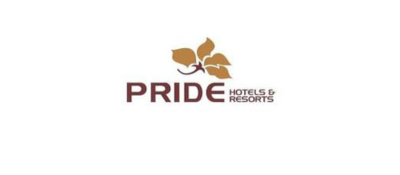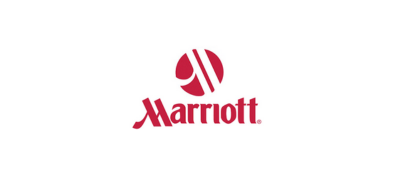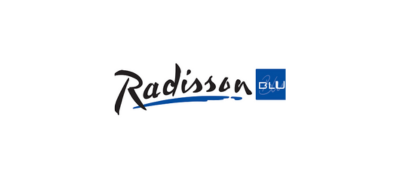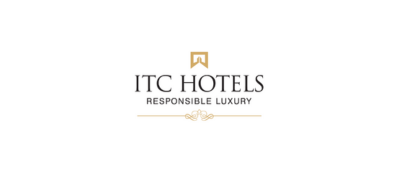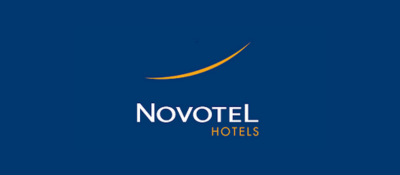Hotel management is one of the fastest-growing sectors in the hospitality industry, offering numerous opportunities for students who wish to build a career in this field. A critical aspect of ensuring the success of hotel management students is the focus on training and placement programs provided by colleges. These programs bridge the gap between academic learning and real-world experience, preparing students for dynamic and rewarding careers.

Training in Hotel Management Colleges
Training in hotel management colleges involves practical and theoretical exposure to various aspects of the hospitality industry. From front office operations and housekeeping to food production and beverage services, students are trained to master essential skills. Some of the key components of training include:
-
Practical Workshops: Hands-on sessions where students learn to manage real-world situations, such as handling customer complaints, managing events, and creating culinary masterpieces.
-
Industrial Training: Many colleges collaborate with leading hotels to provide internships, enabling students to experience the daily operations of the industry.
-
Soft Skills Development: Interpersonal skills, communication, and leadership abilities are vital in the hospitality sector. Colleges conduct special sessions to enhance these skills.
-
Technology Integration: With technology playing an increasingly significant role, students are trained to use modern hospitality tools such as property management systems (PMS), online reservation systems, and customer relationship management (CRM) platforms.
Placement Support in Hotel Management Colleges
Placement is a crucial aspect of a student’s journey in hotel management colleges. Institutions invest heavily in creating robust placement cells that connect students with top-tier employers in the hospitality sector. Some essential features of placement programs include:
-
Industry Partnerships: Colleges establish partnerships with renowned hotel chains, resorts, airlines, and cruise lines to provide placement opportunities.
-
Campus Recruitment Drives: Regular recruitment events allow students to interact with recruiters and showcase their skills.
-
Career Counseling: Professional guidance helps students identify their strengths and align their career goals with industry demands.
-
Alumni Network: Alumni who have achieved success in the hospitality industry often return to mentor and guide current students, creating a strong support system.
Benefits of Training and Placement Programs
-
Industry Readiness: Training ensures students are well-equipped to handle the challenges of the hospitality industry.
-
Enhanced Employability: Placement programs help students secure jobs in prestigious organizations, often even before graduation.
-
Skill Enhancement: Continuous learning through training sharpens both technical and soft skills.
-
Networking Opportunities: Interactions with industry professionals during training and placement activities build a valuable professional network.
Conclusion
Training and placement programs in hotel management colleges play a pivotal role in shaping students into competent professionals. By combining practical experience with academic knowledge, these programs ensure students are prepared to meet industry expectations. Aspiring hotel management students should prioritize institutions that offer comprehensive training and placement support to set the foundation for a successful career in the dynamic world of hospitality.

